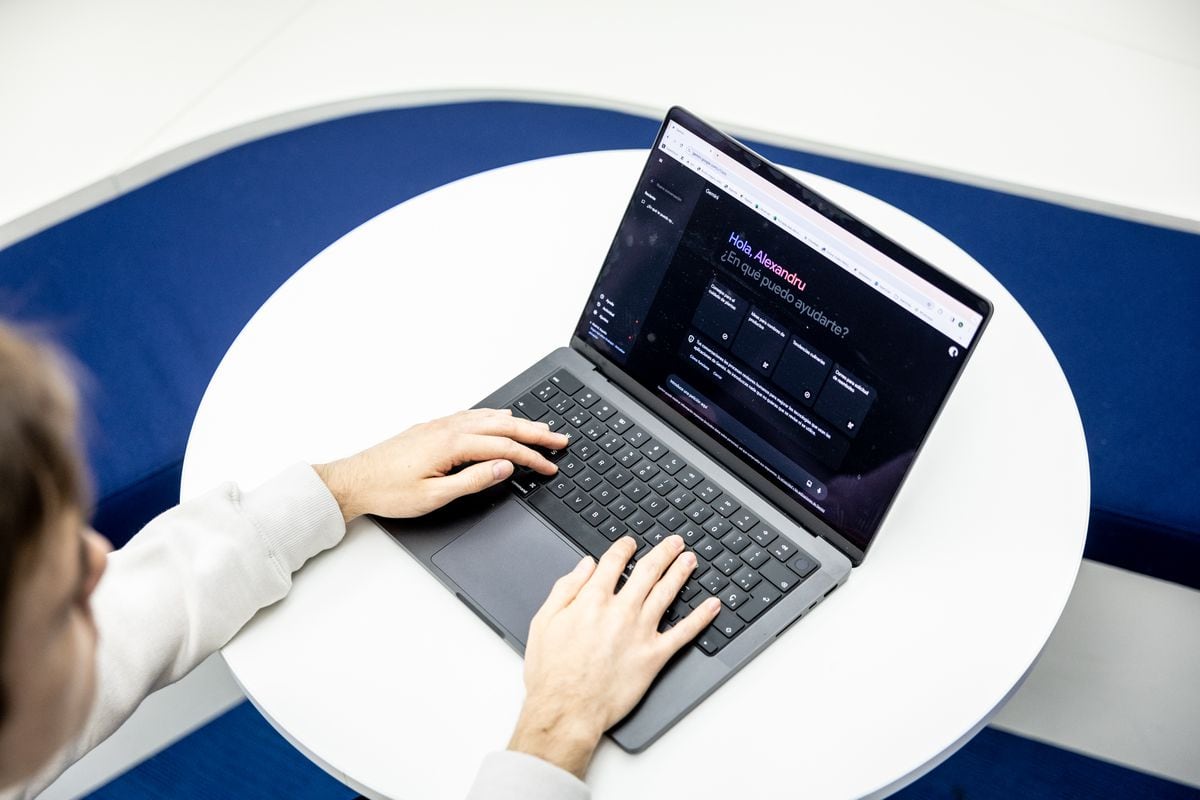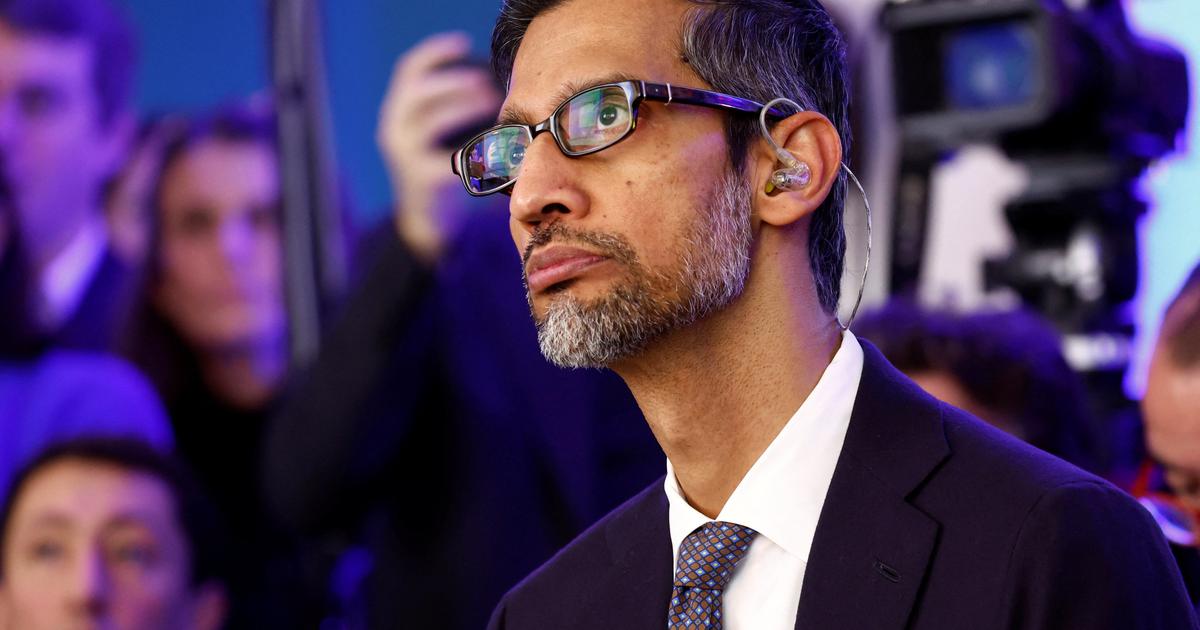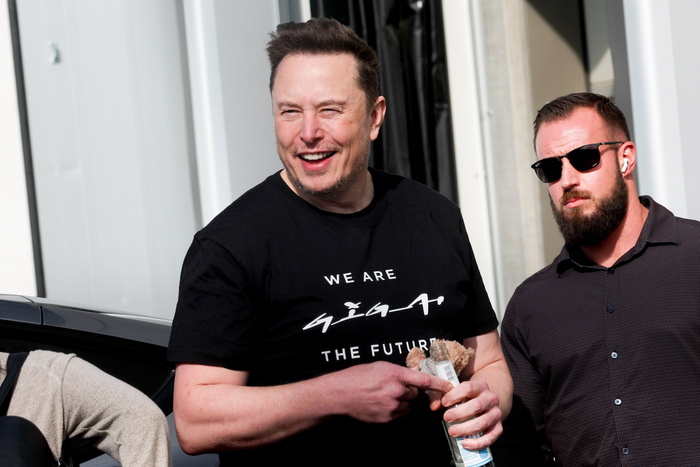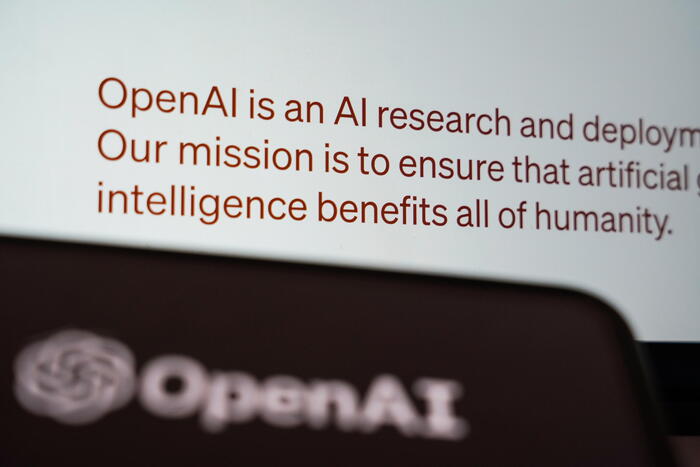A new milestone for Bard. Google opened its generative artificial intelligence chatbot in English to 180 countries on Wednesday, the Californian firm announced in front of thousands of people gathered in its amphitheater in Mountain View. The tool should arrive in the coming weeks, the company has opened a waiting list on which you must register to use it in a few weeks. But French tech enthusiasts will have to wait a bit before they can use it. According to our colleagues at Numerama, France is not one of the countries selected for the launch of the project.
The November release of the ChatGPT interface — designed by California-based startup OpenAI, mostly funded by Microsoft — launched a frantic race for generative AI, between exuberant enthusiasm and apocalyptic worries. Google responded with its own interface, Bard, which opened to the public at the end of March. The chatbot will soon be able to converse in 40 languages and must become multimedia, i.e. be able to integrate images into users' questions and answers.
Read alsoChatGPT on Bing, Bard at Google... with AI, search engines at the dawn of a revolution
"We've been primarily an artificial intelligence company for seven years and we're at a turning point," Sundar Pichai, the California-based group's boss, told Mountain View. "For some time now, we have been making our products radically more useful through generative AI, following a bold and responsible approach," he added.
The Californian group is also developing extensions to Bard, so that users can interact with the robot directly from the Maps mapping application, the Gmail mailbox or the online word processor Docs. Customers of its cloud business are not forgotten, with tools for companies that want to design their own generative AI-based tools (search, chatbots, etc.) for their applications, with their own data.
Microsoft recently made similar announcements. The IT firm had already integrated ChatGPT into its Bing search engine and completely opened it to the general public last week, relaunching this portal so far negligible compared to Google. The two competitors compete with ads with a stated goal: that their AI-inflated platforms become the privileged personal assistants of users.
Between worry and fascination
Google on Wednesday presented PaLM 2, the new, more advanced version of its language model, these algorithms trained on mountains of data that make it possible to create conversational robots like ChatGPT or Bard. "This has led to a lot of improvements in Bard over the past couple of months, in terms of math, logic, reasoning, coding and correcting code," product director Jack Krawczyk said at a press conference. "We are at a fascinating time when the gap between human imagination and the capabilities of technology is rapidly closing," he added.
But the prowess of Silicon Valley is worrying, especially since OpenAI launched in March GPT-4, a "great multimedia model (...) as successful as humans in many professional and academic contexts." The boss of the start-up, Sam Altman, explained working towards so-called "general" artificial intelligence, that is to say programs with human cognitive abilities.
Since then, many experts have voiced fears, from misinformation to job replacement, going so far as to call for a six-month pause in research. Geoffrey Hinton, considered one of the founding fathers of AI, said on May 3 that the "existential threat" that AI posed to humanity was "serious and close", during a round table organized by the Massachusetts Institute of Technology (MIT). The computer scientist has just left Google, where he worked for ten years, "to be able to talk about the dangers of AI" freely, he explained.







